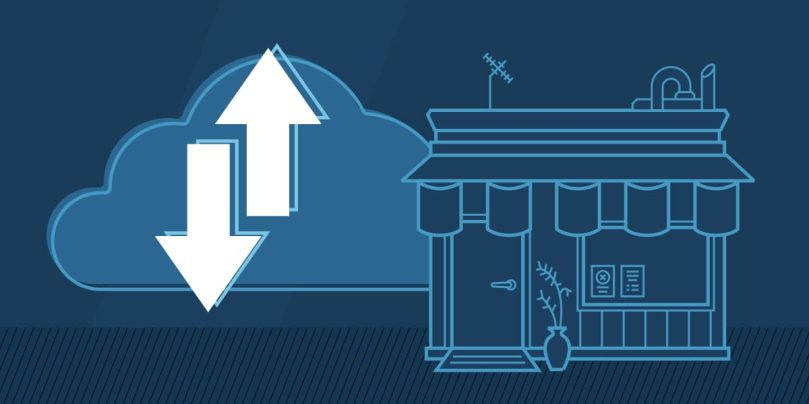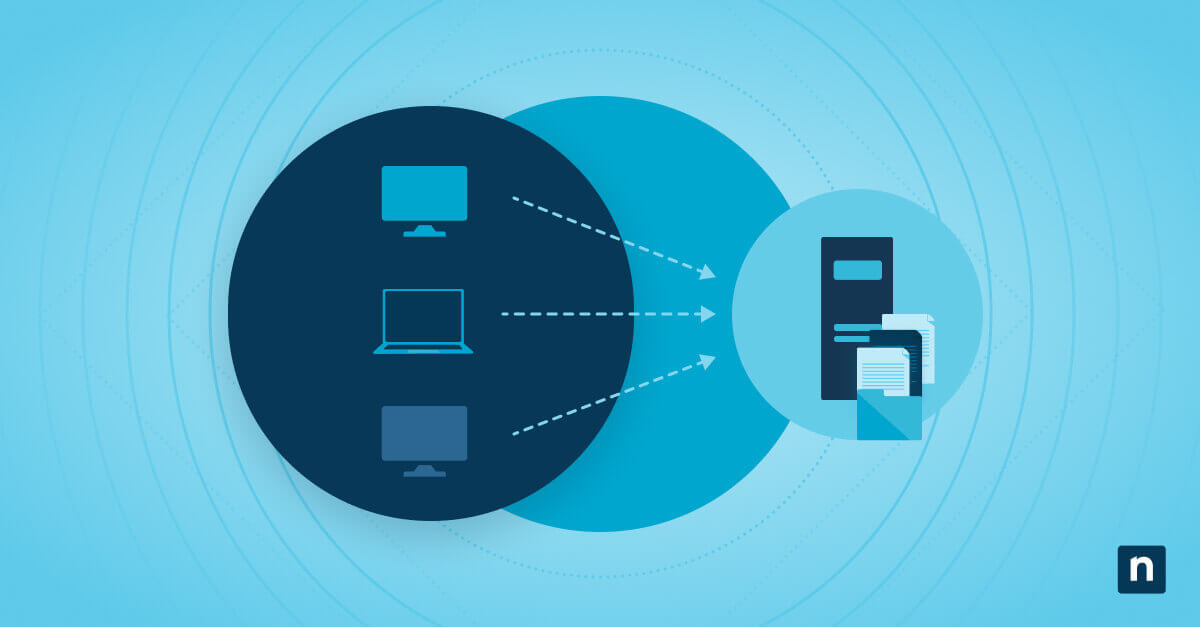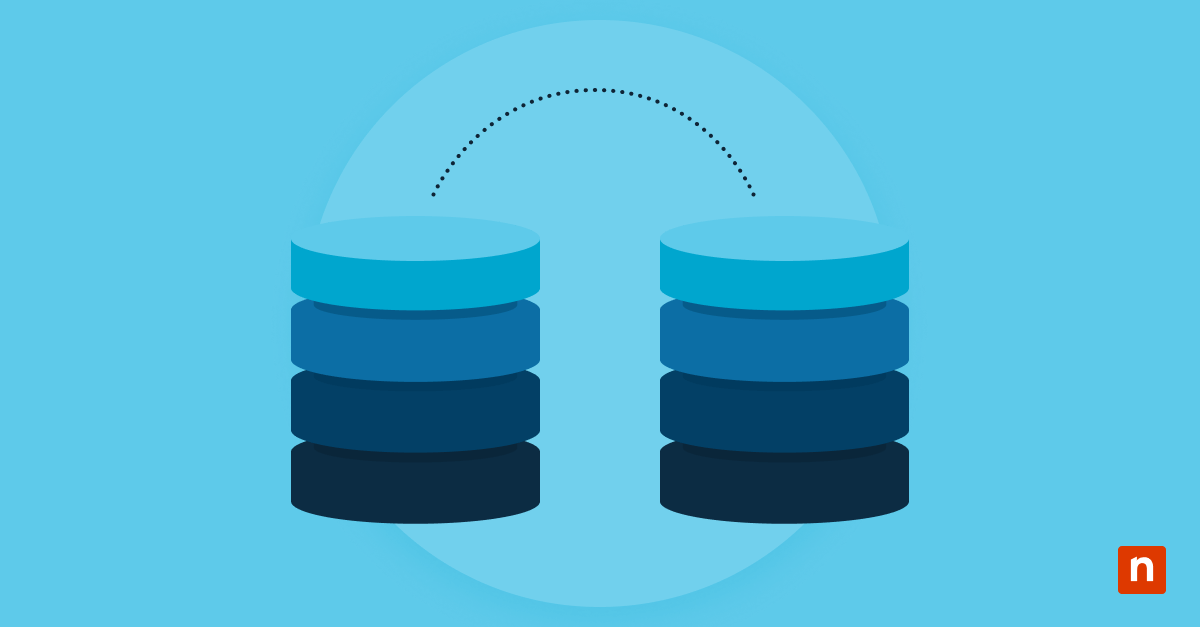Data is essential to a business, but too often the necessary precautions are not in place. Many small businesses are just one small data disaster away from going out of business. What’s worrying is that 3 out of 4 small businesses have no backup strategy or disaster recovery plan in place to prevent this from happening. This lack of backup strategy for small business can bring a halt to business operations or cause an organization to go out of business.
Fortunately, a backup strategy can be a key component in your organization’s preparations for unexpected data loss. Read on to learn more about why a backup strategy is important and how to create one for your small business.
Why would a small business need a backup strategy?
Data disasters typically fall under four categories: natural disasters, device malfunctions, human error, or cyberthreats. The Federal Emergency Management Agency (FEMA) reports, “About 25 percent of businesses do not reopen after disasters.”
None of these disasters are specific to small businesses, but the consequences of these data disasters tend to be more severe in small and medium-sized businesses (SMBs). Enterprise organizations typically have the resources to respond to data disasters. In comparison, small businesses often have limited funds or are missing the necessary plans and processes to recover from data loss. Cybercrime Magazine states, “60 percent of small companies go out of business within six months of falling victim to a data breach or cyber attack.”
In order for SMBs to survive and adequately recover from data disasters, they must have a disaster recovery plan that includes a deliberate backup strategy.
What is a backup strategy?
A backup strategy is a plan to keep business data protected and ensure business continuity. A backup strategy is made up of two main components: data backup and data recovery.
Data Backup
The first is a plan for how backups will be executed and keep your company’s data protected. Backup type, how often backups are performed, the data backup method, where backups are stored, and whether they are automated are all factors to consider in this first component of your backup strategy.
Data Recovery
The second part of the strategy is a recovery plan, which details how the data will be recovered and restored if the original data is lost. Choose a data recovery method that will help your company restore needed data as quickly and efficiently as possible.
How to create a backup strategy for small business
Creating the best backup strategy for your business requires you to set overall backup goals for your business. Once backup goals have been established, you are prepared to make important decisions regarding how you backup and restore data. This enables you to tailor the backup strategy to your small business.
Once the unique needs of your business have been considered, you can create a backup strategy tailored to your business. Major factors in a backup strategy for you to consider include:
Business needs
The unique needs of your business should be the first factor that is considered when creating a backup strategy. Think about the type of business you own or work at, size of your business, and types of essential data you possess. Other major considerations include how much data there is, the prioritization of data, and how available it needs to be.
Type of Backup
There are many backup types available for your business to use, and the backup you choose should be guided by your organization’s backup goals. The three major types of backup are full, incremental, and differential. The different types each require various time to backup, frequency of execution, and size of backup, so you will be able to fulfill the specific goals for your backup strategy.
Backup Location
When deciding which type of backup will suit your business best, you’ll also need to think about where you want these backups stored. Some small businesses may opt to keep copies of their data local, but this could result in your backups becoming damaged if they’re not protected from certain disasters. Others will choose to store data in the cloud because it can better protect your data while saving your business time and money.
Automation
Many SMBs struggle to ensure that all their essential data is backed up properly. To avoid adverse consequences from missed or improperly executed backups, choose a backup tool that includes an automation feature that can execute backups for you. Automation can be an easy way to ensure that your data is backed up when you want it and how you want it.
Restoration
The purpose of backing up organizational data is so that it is available when you need it. Once your small business’s data is backed up and stored, how will you access it when data is lost? How quickly will the data need to be recovered to prevent a disruption?
Data recovery methods include file restore, image restore, and bare-metal restore. Each method recovers a different type and level of data, so it is wise to have all methods included in your backup strategy and available to your business.
Monitoring
A successful backup strategy includes continual monitoring of copied data and new data that needs to be backed up. Consider whether you will manually monitor or if you would like a backup tool that automatically monitors. Either way, be sure to have continual or scheduled checkups of your backed up data to ensure that your organizational information is truly secure.
Pricing
Small businesses should look for a backup tool or method that is both affordable and reliable. Manually backing up and keeping track of data is an option, but because it is prone to human error, it isn’t always the best choice. Look for a dependable backup tool within your budget that will ensure your data is copied and stored safely.
Backup tools typically offer pricing options based on type and size of backups, amount of storage, or number of workstations they support.
Get started on a backup strategy for your small business
The data that is backed up and available to restore will be your businesses’ lifeline after a data disaster. Create a dependable and well-thought-out backup strategy to ensure that this lifeline is always ready to use. For more tips on creating a reliable backup strategy, check out our backup strategy best practices.
NinjaOne Data Protection is a backup solution that provides flexibility for backups and restore options. It also offers automation to save you time and gives you peace of mind with knowing your data is being backed up consistently. Sign up for a free demo or free trial today.








